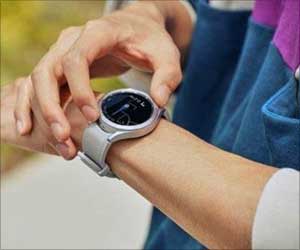
‘Wristwatch activity monitors used to examine measures of circadian timekeeping systems, including the timing and levels of activity shows that ketamine helps improve sleep and activity levels.’
Tweet it Now
Anti-depressants are prescribed to improve the activity patterns and the drug ketamine has shown differences in the activity patterns before and after the treatment. In the study, first author Dr. Wallace Duncan and his colleagues from the Experimental Therapeutics and Pathophysiology Branch at the National Institute of Mental Health in Bethesda, Maryland used wristwatch activity monitors to examine measures of circadian timekeeping systems, including the timing and levels of activity.
The 51 patients included in the study had either major depressive disorder or bipolar disorder, and all of the patients had depressive symptoms that had not responded to previous treatment attempts.
Duncan and his colleagues showed that patients who responded to a single infusion of ketamine initially had more activity earlier in the day and lower activity later in the day than patients who did not respond to ketamine. "In other words, their daily activity clock was shifted forward," said Dr. John Krystal, Editor of Biological Psychiatry.
Responders also had advance-shifted timing of their activity on the first day after the treatment, and increased overall activity levels on the third day, consistent with the notion that activity levels are part of the clinical response to ketamine.
Advertisement
In addition, the differences in activity levels before and after treatment suggest biological differences in the circadian systems that regulate activity between people who respond to the drug and those who don't. The authors suggest that the underlying differences may help predict ketamine's effects on mood.
Advertisement
According to Dr. Duncan, the study is also important because it shows that rapid-acting treatments such as ketamine can provide key insights into the relationship between sleep and circadian rhythms, activity and mood response.
The activity signature produced by ketamine suggests that the clock gene machinery that controls circadian rhythms may be linked to the type of depression that responds to ketamine.
In addition, depressive symptom scores were associated with decreased activity and increased sleep quality on the first night after the infusion, indicating that improved sleep quality may be key to ketamine's rapid mood effects.
Source-Eurekalert









